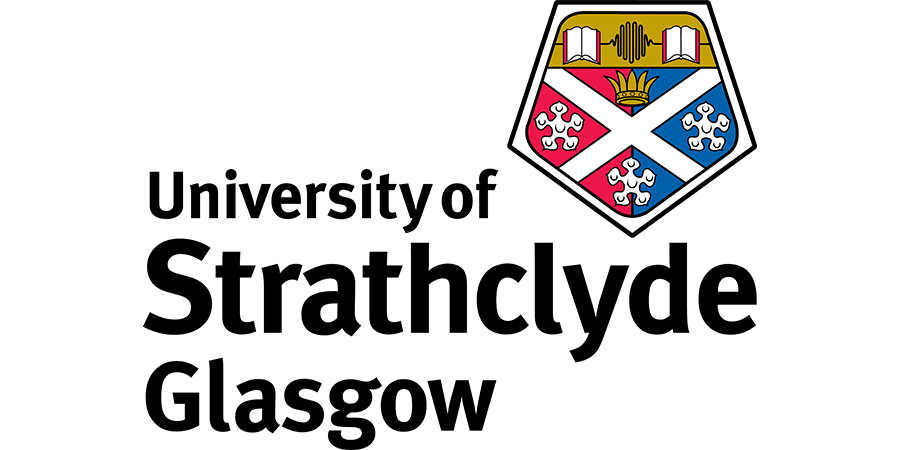Postgraduate Research Opportunity - Central Banks' Inflation Gamble: Good Luck vs. Good Models
University of Strathclyde
| Qualification Type: | PhD |
|---|---|
| Location: | Glasgow |
| Funding for: | UK Students, International Students |
| Funding amount: | Not Specified |
| Hours: | Full Time |
| Placed On: | 5th February 2025 |
|---|---|
| Closes: | 31st March 2025 |
Project summary: This project outlines an innovative research agenda that develops advanced Bayesian machine learning techniques for modelling granular inflation series using “big data”. These techniques are well-suited for uncovering more complex patterns and identifying drivers of inflation and its subcomponents.
Start date: 1st October 2025
Duration: 36
Funding: Funded
Funding towards:
- Home fee
- Stipend -UKRI stipend rate for UK students.
Funding details: Fully-funded scholarship for 3 years covers all university tuition fees (at UK level) and an annual tax-free stipend. International students are also eligible to apply, but they will need to find other funding sources to cover the difference between the home and international tuition fees. Exceptional international candidates may be provided funding for this difference.
Number of places: 1
Number of places extra: There will be a shortlisting and interview process.
RCUK eligibility: No
Eligibility: To be considered for this PhD position, applicants must have obtained an excellent Master’s degree in Economics or related quantitative fields (e.g., Statistics, Data Science, Quantitative Finance, etc.). A strong interest in and significant knowledge of time series econometrics, excellent analytical skills, proficiency in statistical software programming (preferably R or Matlab), and a curiosity in exploring new Bayesian machine and statistical learning techniques are essential. Further details can be found here: www.strath.ac.uk/studywithus/postgraduateresearchphdopportunities/business/managementscience/insightfulsitingincorporatingthevalueofinformationinlocationdecisions
Study modes eligibility: Full-time
Fee Status: What fee status applies to applicants? Please omit any of the below that do not apply:
- Home
- International
Project Details: The recent surge in inflation following the Covid pandemic and the Russia-Ukraine war has not been seen for decades. However, to the surprise of even hawkish central bankers, inflation has recently stabilised around the central banks' 2% inflation target across the globe. These swift fluctuations in inflation in either direction force econometricians and policymakers to rethink their workhorse inflation modelling techniques, as such highly nonlinear dynamics cannot be adequately captured by conventional linear models.
This project sets forth an innovative research agenda involving the development and application of advanced Bayesian machine learning techniques for modelling and forecasting inflation. The proposed applications will utilise “big data” and involve data that is more granular than what is typically used. Here, “more granular” refers to the aim of directly modelling inflation subcomponents (rather than just the aggregate), while “big data” entails using many macroeconomic covariates. Machine learning techniques are well-suited for such applications, and with increasingly granular data available new avenues emerge to produce more accurate forecasts, uncover more complex patterns in inflation, and identify causes/drivers of inflation. With globalisation and increasingly complex supply chains, understanding how economic shocks propagate through the global economy is essential in informing policy decisions.
Primary Supervisor: Dr Niko Hauzenberger
Additional Supervisor/s: Prof. Gary Koop and Prof. Stuart McIntyre
Further information: This research project provides the foundation for the development of excellent career opportunities in academia, government or industry. It also offers a PhD student a pathway into internationally recognised, world-leading research in a stimulating environment through the macroeconomic modelling cluster in the Department of Economics at Strathclyde.
Advert information
Type / Role:
Subject Area(s):
Location(s):









